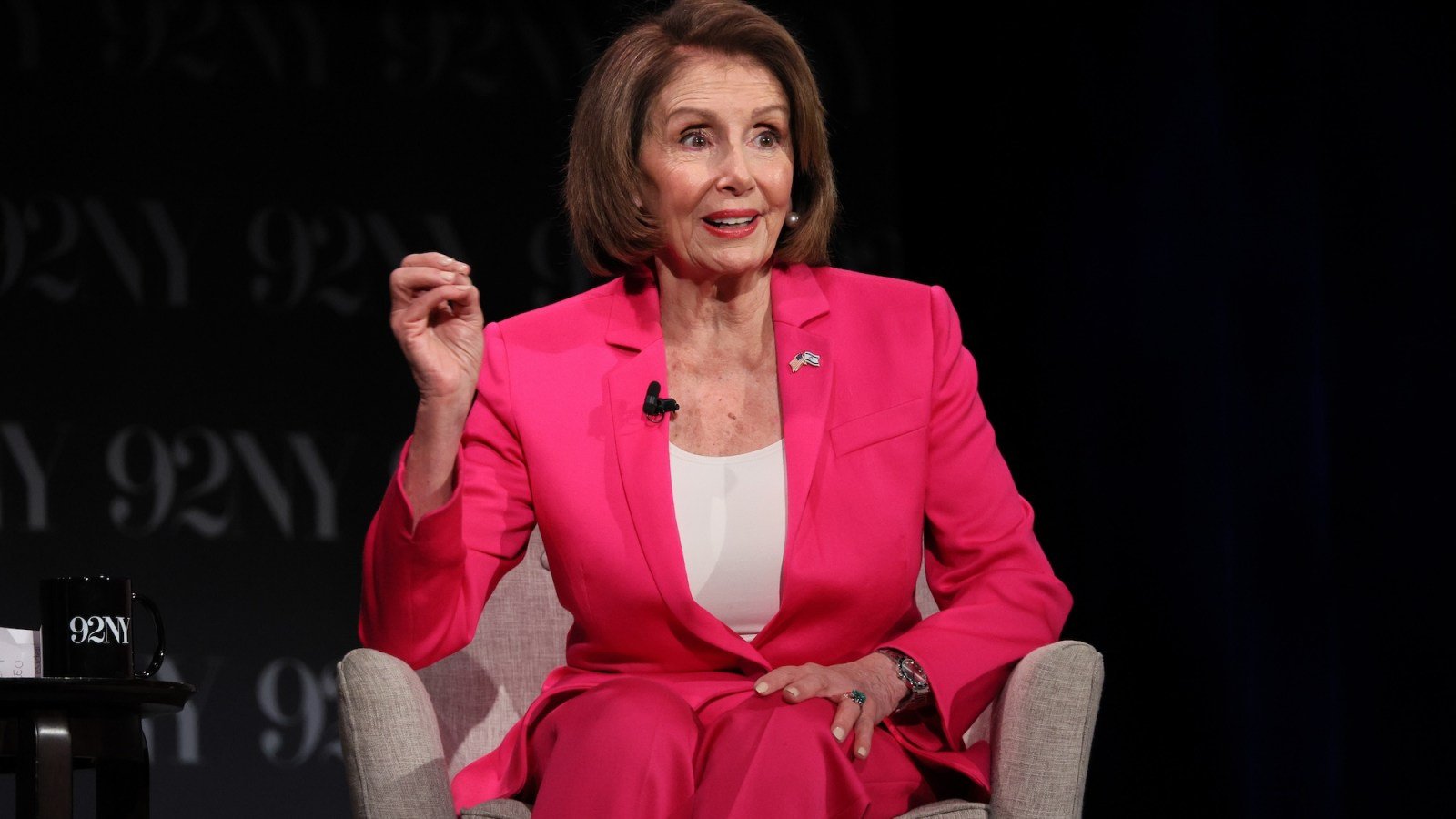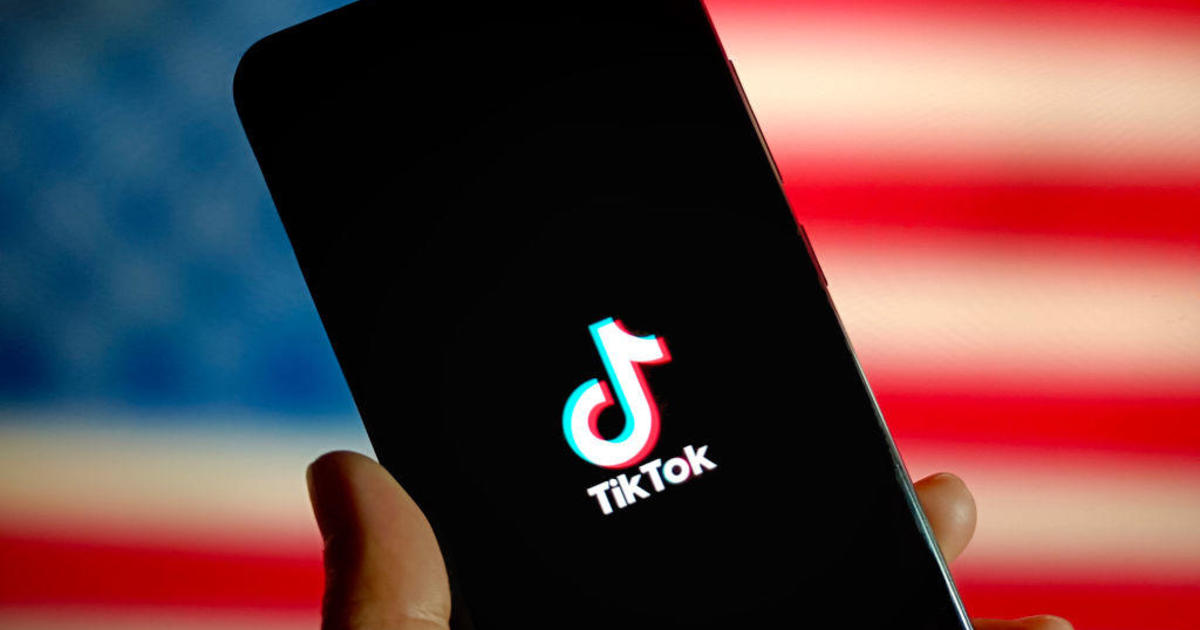

We’re all going to vote for him if he’s the nominee… But he’s still going to lose…
The state of the election is such that turnout is going to tank. Libs and Cons are both very worried who the indie voter aligns with, but I’m betting a bunch of people simply don’t vote in November.














You can do this with AI now, except the computer still thinks they’re facts